COVID-19 Assistance for the Justice Community
Last updated: June 9, 2021 at 2:20 p.m. ET
The ever-changing nature of the COVID-19 pandemic requires policymakers and criminal justice practitioners to rapidly adapt their day-to-day operations to the situation at hand. While the pace and scale of the crisis can be overwhelming, the CSG Justice Center is committed more than ever to supporting its members—state and local officials working in all three branches of government in criminal and juvenile justice, behavioral health, housing, and labor.
Since the start of this crisis, our staff have been speaking with hundreds of policymakers and practitioners across all 50 states to identify new challenges, share ideas, and partner together to develop innovative strategies at a pace that matches the rapid response required right now. Our assistance cuts across four key areas:
- Supporting successful reentry in the wake of COVID-19
- Helping communities safely divert people with behavioral health needs from arrest and release them from local jails
- Using data to improve safety and health for people living and working in prisons
- Safeguarding prior success in reducing juvenile incarceration rates and improving overall youth outcomes
As we develop new ideas and learn more from those on the front lines, we’ll be sure to share updates here. If you need assistance in your state, please send inquiries to JCCovid19@csg.org.
COVID-19 Resources

This guide outlines need-to-know information about how state and local leaders can…
Read More
State budgets are facing significant shortfalls as a result of COVID-19, a…
Read More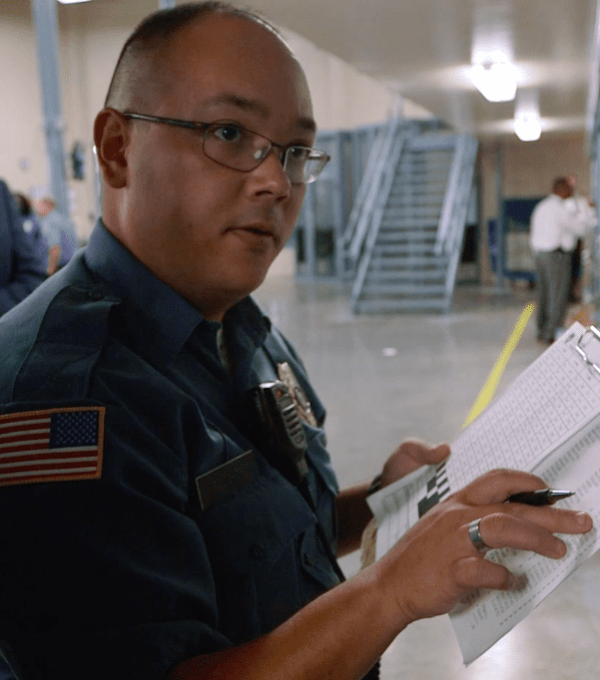
Use this checklist as a guide for reentry planning as communities work…
Read More
This webinar presents a checklist of considerations for jail release during the…
Read More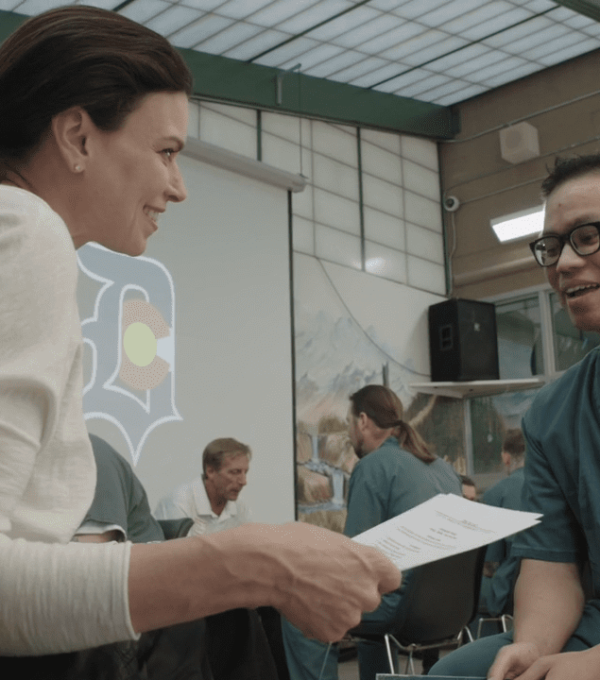
To help these community-based organizations weather the storm, we compiled a list…
Read More
The scale of COVID-19 is overwhelming, but there are a lot of…
Read MoreFrom the Front Lines

Take our new survey that seeks to capture how community-based reentry service…
Read More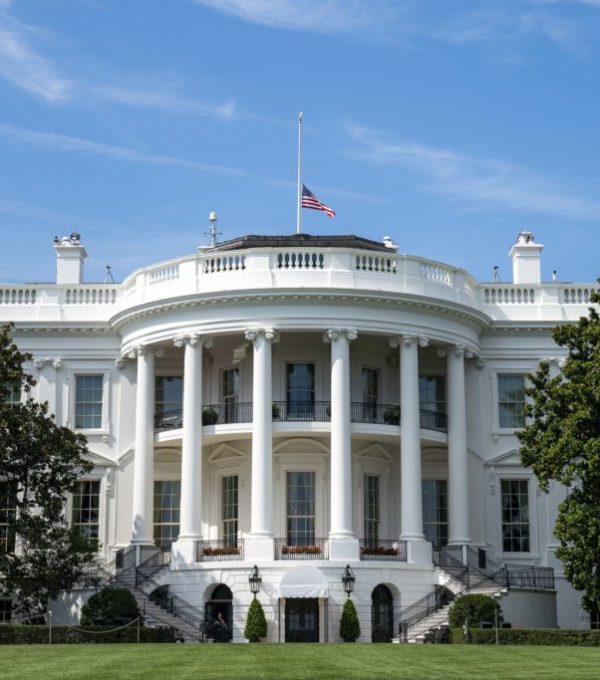
President Biden submitted his first discretionary budget request to Congress, which outlines…
Read More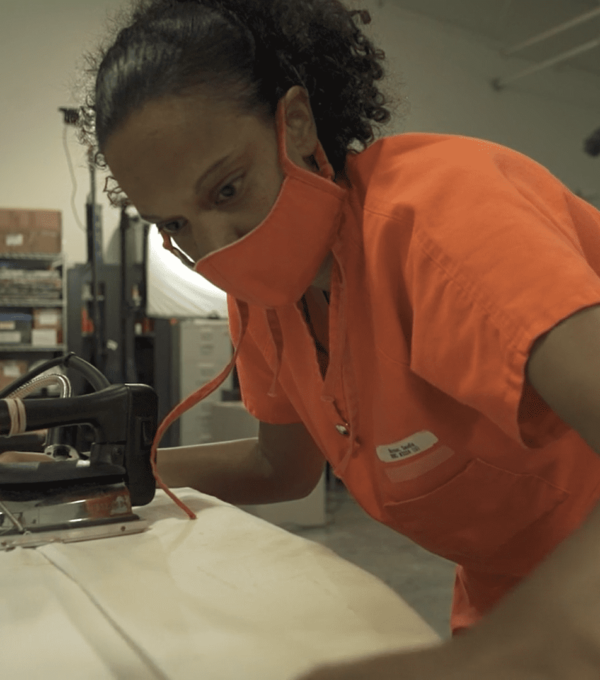
Delaware County, OH, has steadily reduced the jail population since March 2020.
Read More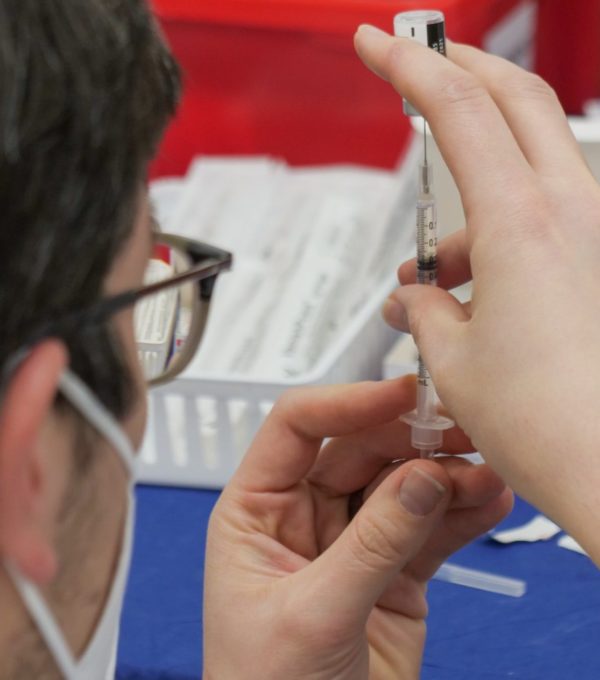
Biden released a $1.9 trillion COVID-19 relief plan that would have specific…
Read More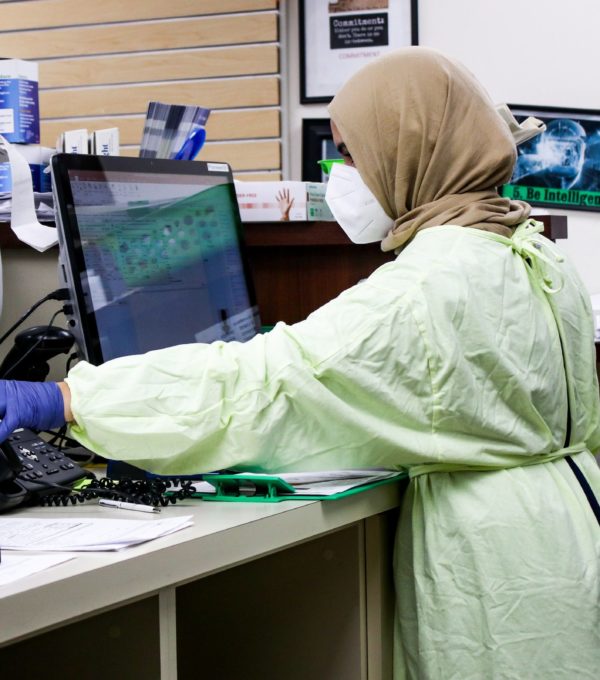
Congress recently approved a $1.4 trillion omnibus spending package for 2021 and…
Read More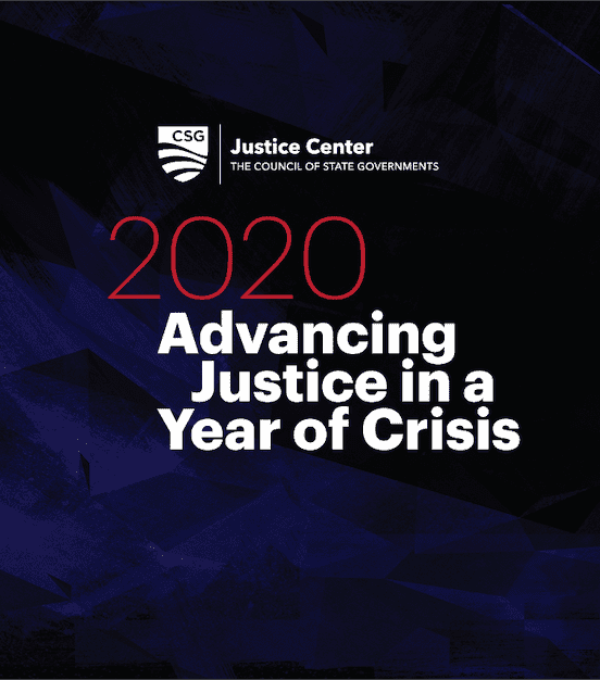
State and local justice systems faced unprecedented challenges in 2020. We look…
Read More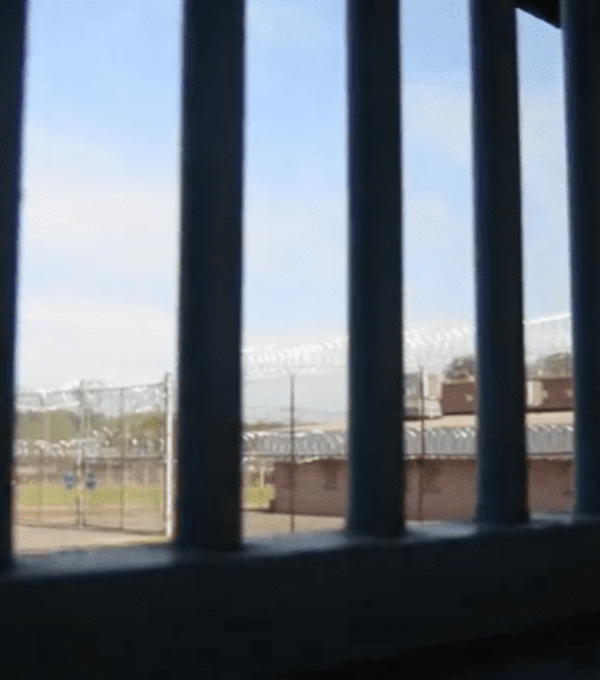
Mental Illness still remains prevalent in jails despite the pandemic.
Read More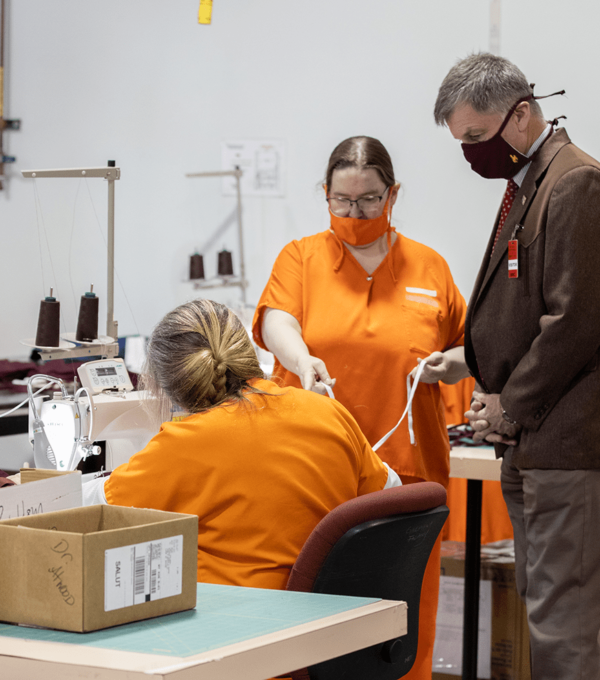
Watch the video of Wyoming Gov. Mark Gordon's visit with men and…
Read More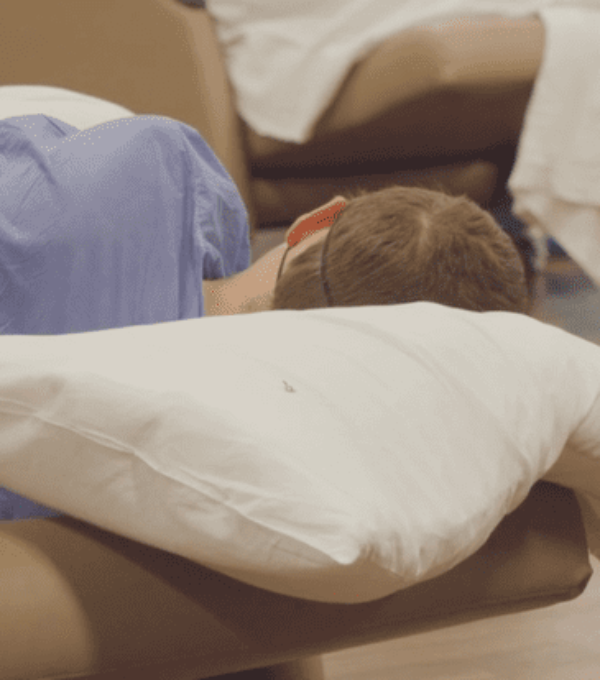
During COVID-19, telehealth has become an essential practice to connect people to…
Read More
A less-than-four-minute video on ways criminal justice and education professionals can help…
Read More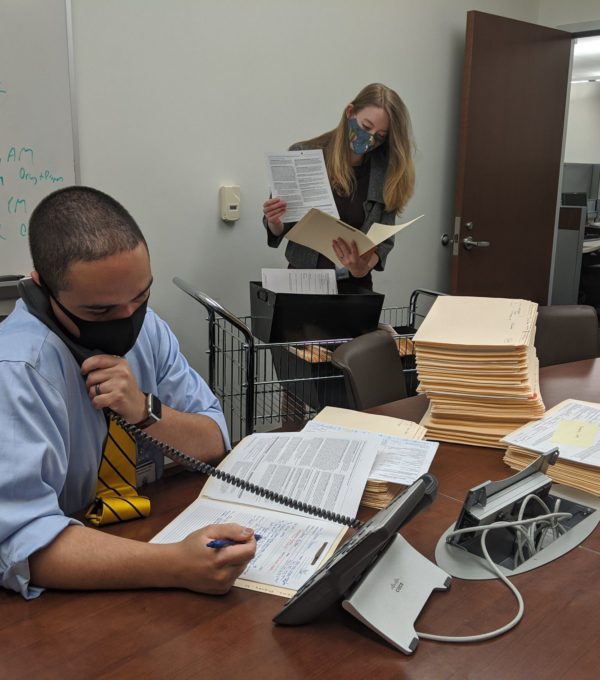
The latest in a series sponsored by the Judges and Psychiatrists Leadership…
Read More
Share with us how you or your colleagues are stepping up to…
Read More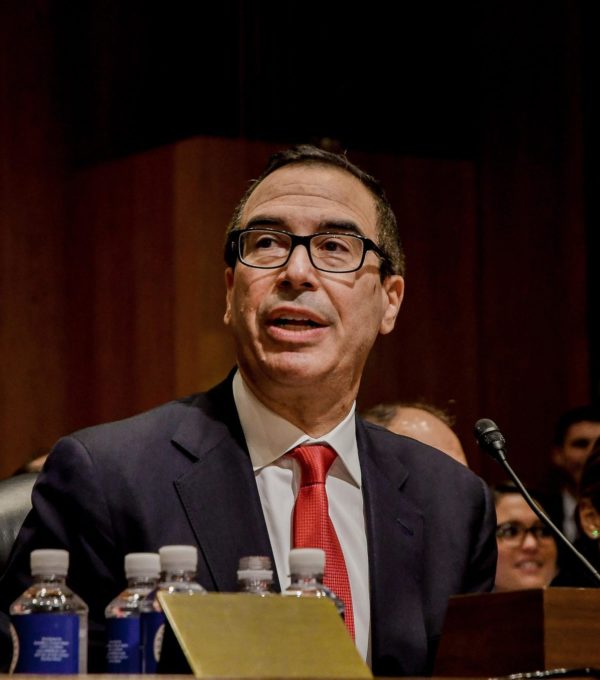
Federal officials on Friday agreed to ease restrictions that blocked some people…
Read More
House Democrats passed a $3 trillion relief package on Friday that features…
Read More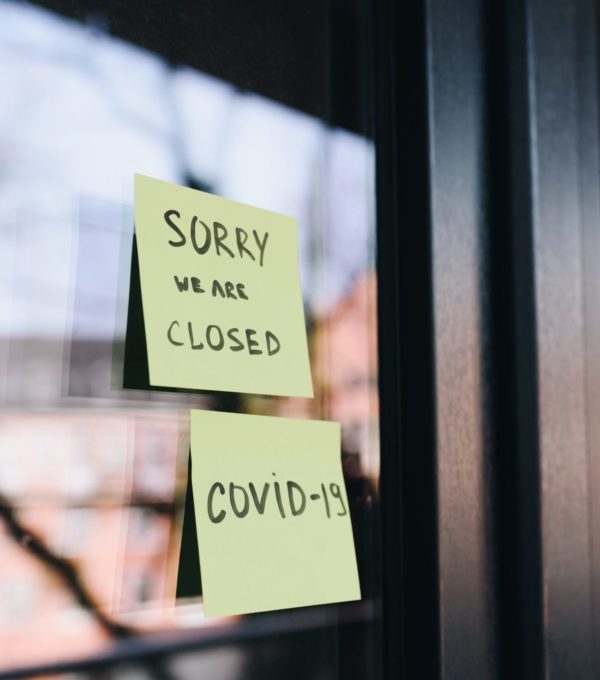
From her time in prison to her years helping others reenter society…
Read More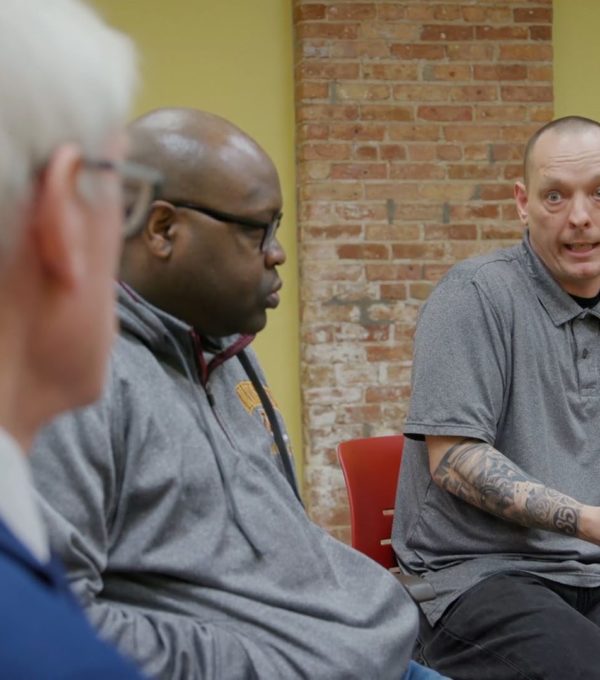
Many reentry operations reported concerns about keeping their doors open, reporting cash-flow…
Read More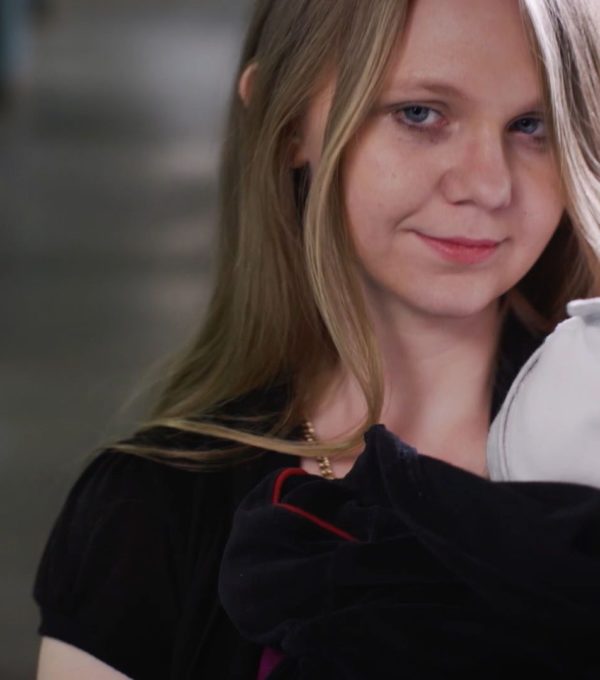
In 2019, a historic number of governors took office for the first…
Read More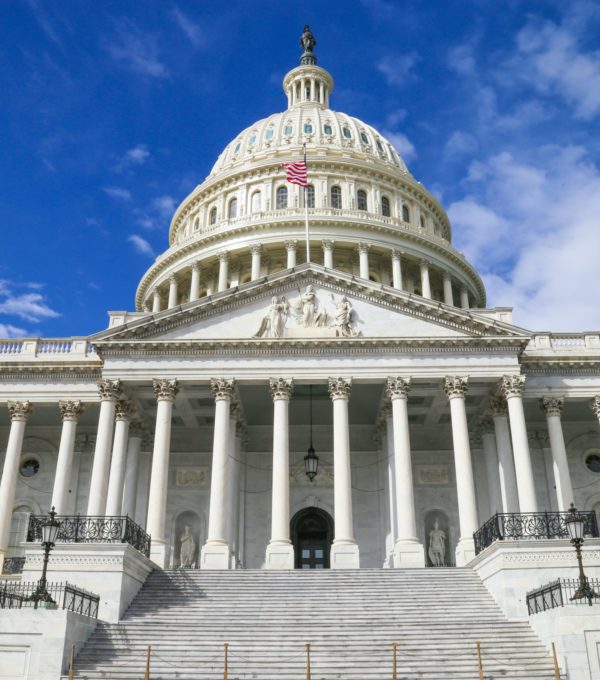
Coalition urges U.S. Small Business Administration to remove restrictions that prohibit people…
Read More
While corrections leaders struggle to socially distance people in confined quarters, juvenile…
Read More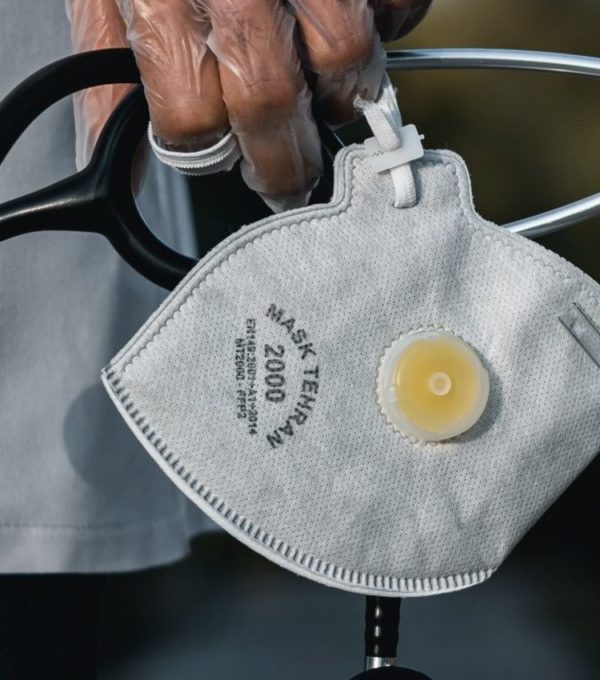
As the COVID-19 wave rolls over hospitals throughout the country, state officials…
Read More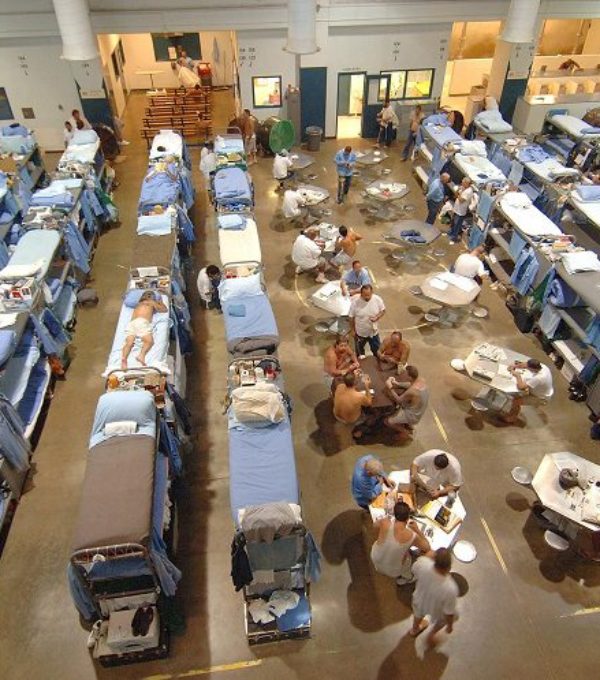
Corrections leaders are facing unprecedented questions about an already challenging issue.
Read MoreData Updates
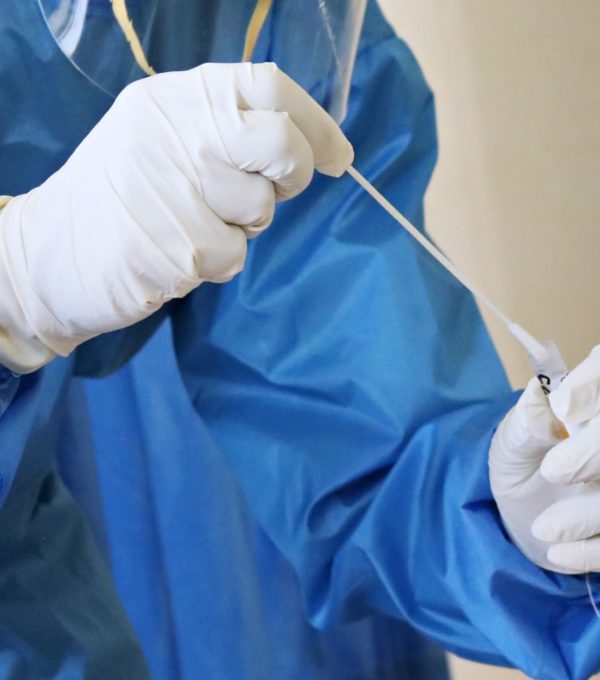
As daily COVID-19 cases hit record levels across the U.S. this week,…
Read More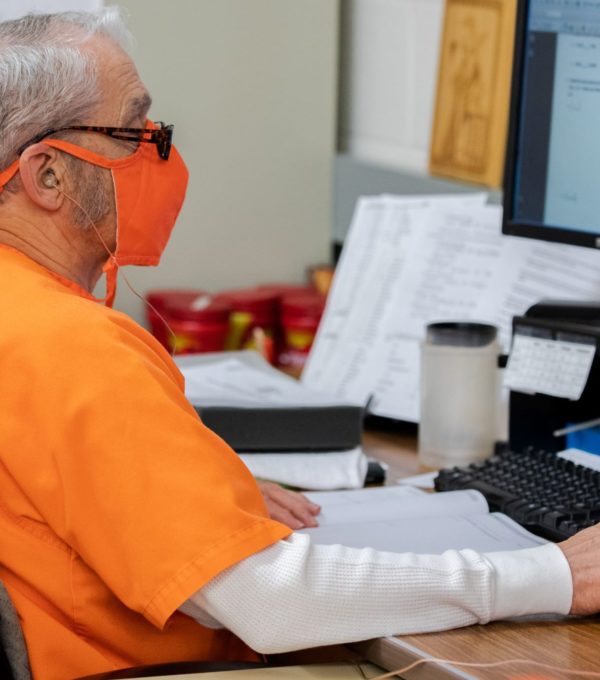
View up-to-date data visualizations on new COVID-19 cases among people living and…
Read More
Data analyses visualize the state-by-state spread of COVID-19 in state prisons.
Read More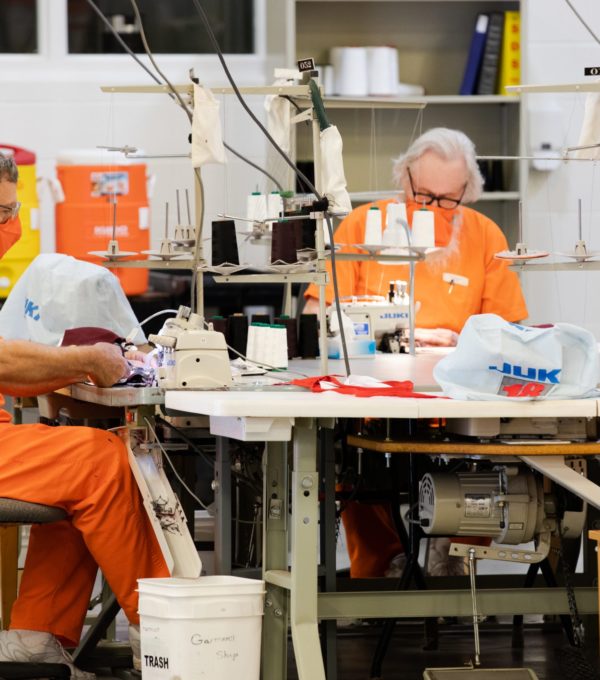
New data analyses from The Council of State Governments Justice Center show…
Read More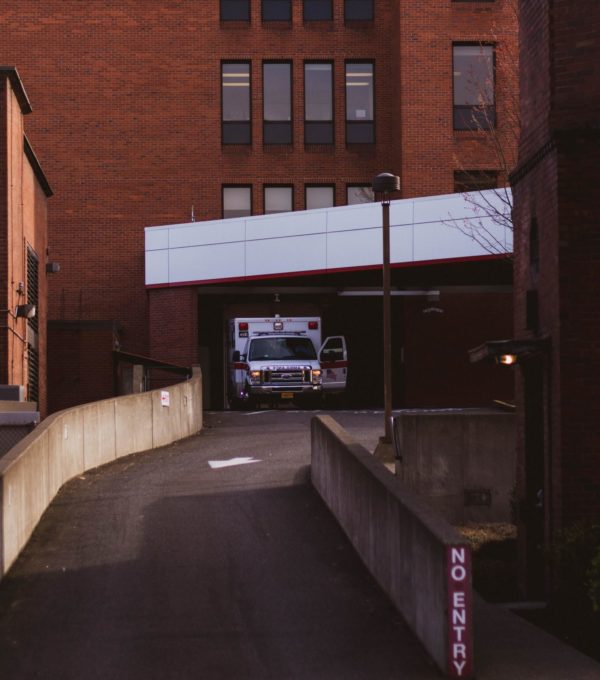
Conservative estimates show that rates of COVID-19 cases among people incarcerated in…
Read MoreGet the Latest
Our Experts
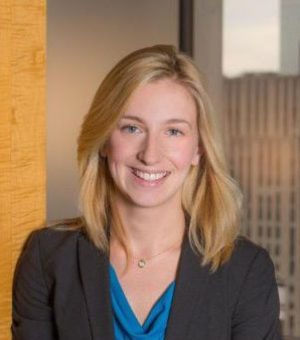

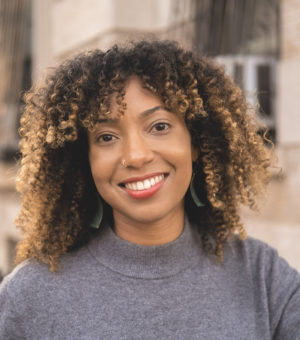
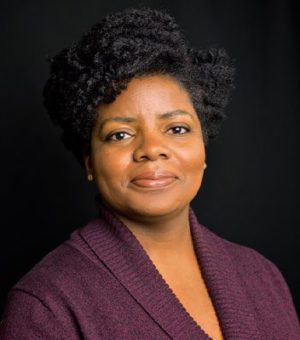
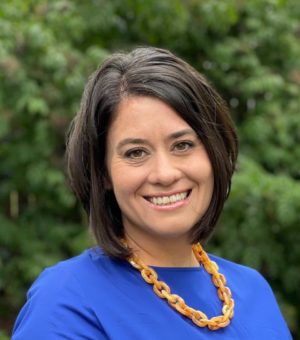
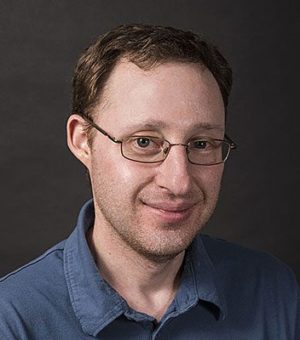
A positive school experience, where a child feels secure, is essential for their well-being. However, for many children…
Read MoreWhen returning to their communities from criminal justice settings, people with behavioral health needs face barriers in accessing…
Read More Supporting Children of Incarcerated Parents: Reimagining School and Community Collaboration
Supporting Children of Incarcerated Parents: Reimagining School and Community Collaboration
A positive school experience, where a child feels secure, is essential for…
Read More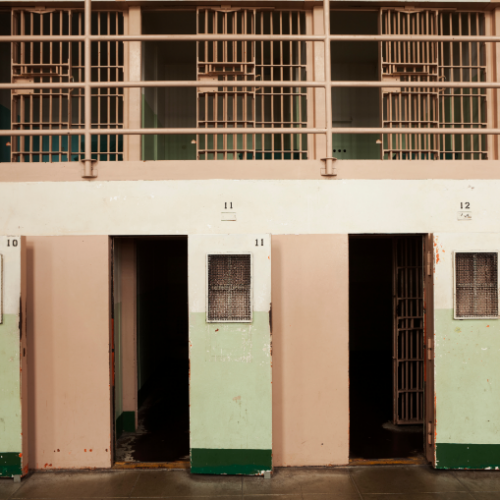 Bridging Communities and Correctional Systems: Q&A with CSG Justice Center Advisory Board Member Commissioner Nicholas Deml
Read More
Bridging Communities and Correctional Systems: Q&A with CSG Justice Center Advisory Board Member Commissioner Nicholas Deml
Read More
 Assigned to the Cloud Crew: The National Incarceration Association’s Hybrid Case Management for People with Behavioral Health Needs
Assigned to the Cloud Crew: The National Incarceration Association’s Hybrid Case Management for People with Behavioral Health Needs
When returning to their communities from criminal justice settings, people with behavioral…
Read More Meet the Medicaid and Corrections Policy Academy Mentor States
Meet the Medicaid and Corrections Policy Academy Mentor States
New Hampshire Department of Corrections Commissioner Helen Hanks presents at the Medicaid…
Read More Taking the HEAT Out of Campus Crises: A Proactive Approach to College Safety
Taking the HEAT Out of Campus Crises: A Proactive Approach to College Safety
The sharp rise in school shootings over the past 25 years has…
Read More











